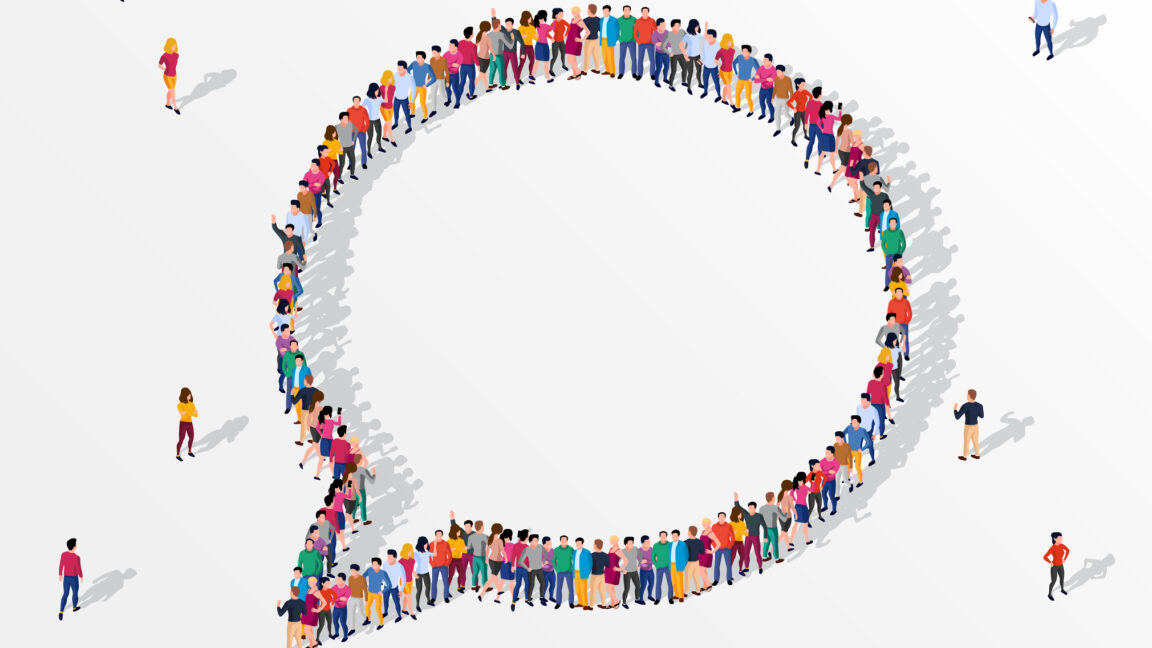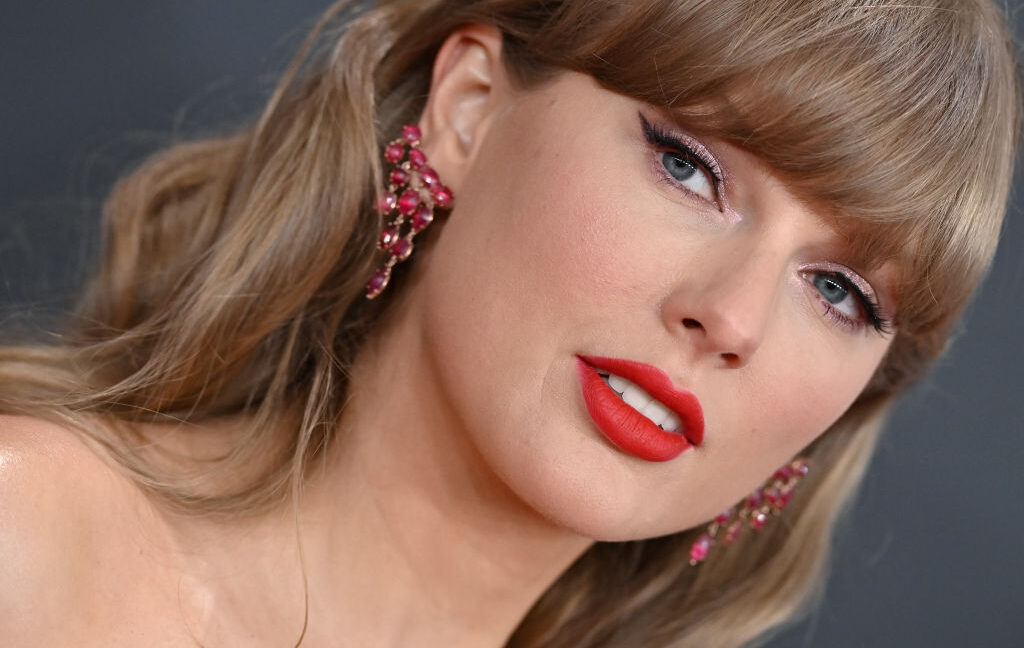Introduction to the Dispute
The New York Times (NYT) and other news organizations are involved in a dispute with OpenAI, the company behind the popular chatbot ChatGPT. The dispute revolves around the use of copyrighted material in ChatGPT’s responses. OpenAI has proposed a compromise to provide a limited amount of data to the news organizations, but they have rejected this offer.
The Request for Data
The news organizations have made an "extraordinary request" for OpenAI to produce the individual log files of 120 million ChatGPT consumer conversations. This is six times more data than was initially recommended, and OpenAI argues that complying with this request would be a significant burden. The company claims that it would not only delay the outcome of the case by months but also increase the scope of user privacy concerns. If the request is granted, it could potentially trouble many users by extending the amount of time that users’ deleted chats will be stored, making them vulnerable to a breach or leak.
The Concerns of OpenAI
OpenAI is concerned about the impact of complying with the request on its users’ privacy. The company argues that the news organizations should not be allowed to conduct a full-scale analysis of every single month during the relevant 23-month time period. OpenAI claims that this kind of analysis is disproportionate to the issues in dispute and would be an unnecessary burden.
The Perspective of the News Organizations
The NYT and other news organizations believe that it is necessary to search through 120 million ChatGPT users’ conversations to prove not just that infringing outputs may be happening frequently, but also to document any patterns showing spikes in infringement. They want to evaluate how the product has changed over time and make the most of the access granted to search the logs to plead their best case.
Microsoft’s Involvement
As negotiations potentially end this week, OpenAI’s co-defendant, Microsoft, has picked its own fight with the NYT over its internal ChatGPT equivalent tool. This development could potentially push the NYT to settle the disputes over ChatGPT logs.
Conclusion
The dispute between OpenAI and the news organizations highlights the challenges of balancing the need to protect intellectual property with the need to protect user privacy. OpenAI is concerned about the burden of complying with the request for data, while the news organizations believe that it is necessary to search through the conversations to prove their case. The outcome of this dispute will have significant implications for the use of AI chatbots and the protection of user privacy.
FAQs
- What is the dispute between OpenAI and the news organizations about?
The dispute is about the use of copyrighted material in ChatGPT’s responses and the request for OpenAI to produce the individual log files of 120 million ChatGPT consumer conversations. - Why is OpenAI concerned about complying with the request?
OpenAI is concerned that complying with the request would increase the scope of user privacy concerns, delay the outcome of the case, and potentially trouble many users by extending the amount of time that users’ deleted chats will be stored. - What do the news organizations want to achieve by searching through the conversations?
The news organizations want to prove not just that infringing outputs may be happening frequently, but also to document any patterns showing spikes in infringement and evaluate how the product has changed over time. - Is Microsoft involved in the dispute?
Yes, Microsoft is a co-defendant with OpenAI and has picked its own fight with the NYT over its internal ChatGPT equivalent tool.











